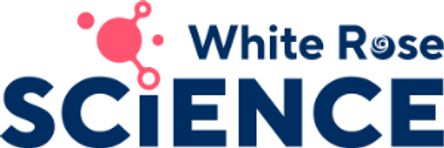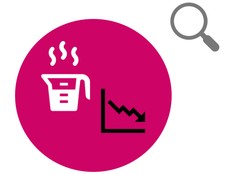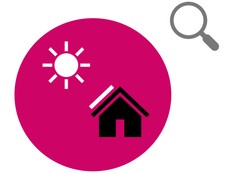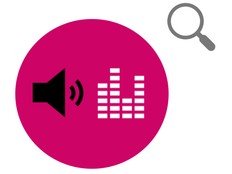Krok 1: Przygotowanie
Co to jest?
Zamknij obwód elektryczny ze swoim ciałem, ciałami przyjaciół i BBC micro:bitem.
Projekt ten powstał we współpracy z White Rose Science dla nauczycieli przedmiotów przyrodniczych i pozwala uczniom zrozumieć, w jaki sposób energia może być przenoszona przez obwody elektryczne, a także jakie materiały przewodzą prąd. Uczniowie mogą również dowiedzieć się, jak stosować sekwencję, wybór i powtórzenie w programach komputerowych oraz jak korzystać z różnych sposobów wprowadzania danych i wyprowadzania wyników.
W tym filmie wyjaśniono, jak działa projekt i jak przeprowadzić eksperyment.
Jak to działa
- Dwa przewody typu krokodylek są podłączone do pinu uziemienia i pinu 1 micro:bita.
- Trzymaj drugie końcówki przewodów obiema rękami, aby umożliwić przepływ prądu elektrycznego przez ciebie, lub zrób to samo z grupą przyjaciół trzymających się za ręce.
- Po zakończeniu obwodu na wyświetlaczu LED micro:bita pojawia się ludzik i odtwarzany jest dźwięk.
Czego potrzebujesz
- micro:bit
- pakiet baterii
- dwa zaciski krokodylkowe
Krok 2: Zbadaj
- Pobierz plik szesnastkowy i umieść kod na swoim micro:bicie. Nie musisz sam pisać kodu dla tego projektu, aby wykonać eksperyment, ale jeśli jesteś zainteresowany kodowaniem, odwiedź poniżej sekcję Krok 3: Zakoduj to.
- Dołącz pakiet baterii do micro:bita.
- Przymocuj dwa klipy krokodylowe do pinu uziemienia i pinu nr 1.
- Trzymaj drugie końce przewodów w obu dłoniach, aby utworzyć obwód lub utwórz okrąg ze swoimi przyjaciółmi trzymając się za ręce. Przerwij okrąg w jednym punkcie. Jedna osoba powinna trzymać koniec klipu krokodylowego przymocowanego do pinu 1, a inna osoba powinna trzymać koniec przewodu przymocowanego do pinu uziemienia, aby utworzyć duży obwód.
- Po utworzeniu obwodu elektrycznego na wyświetlaczu LED micro:bita pojawia się rysunek kijka i odtwarzany jest dźwięk. W przeciwnym razie wyświetlacz LED czyści się i nie jest odtwarzany żaden dźwięk.
Krok 3: Zakoduj to
Obejrzyj ten film, aby dowiedzieć się, jak zakodować projekt:
Jeśli jesteś zainteresowany modyfikacją kodu dla tego projektu, kliknij jeden z poniższych przycisków:
This content is published under a Creative Commons Attribution-ShareAlike 4.0 International (CC BY-SA 4.0) licence.



